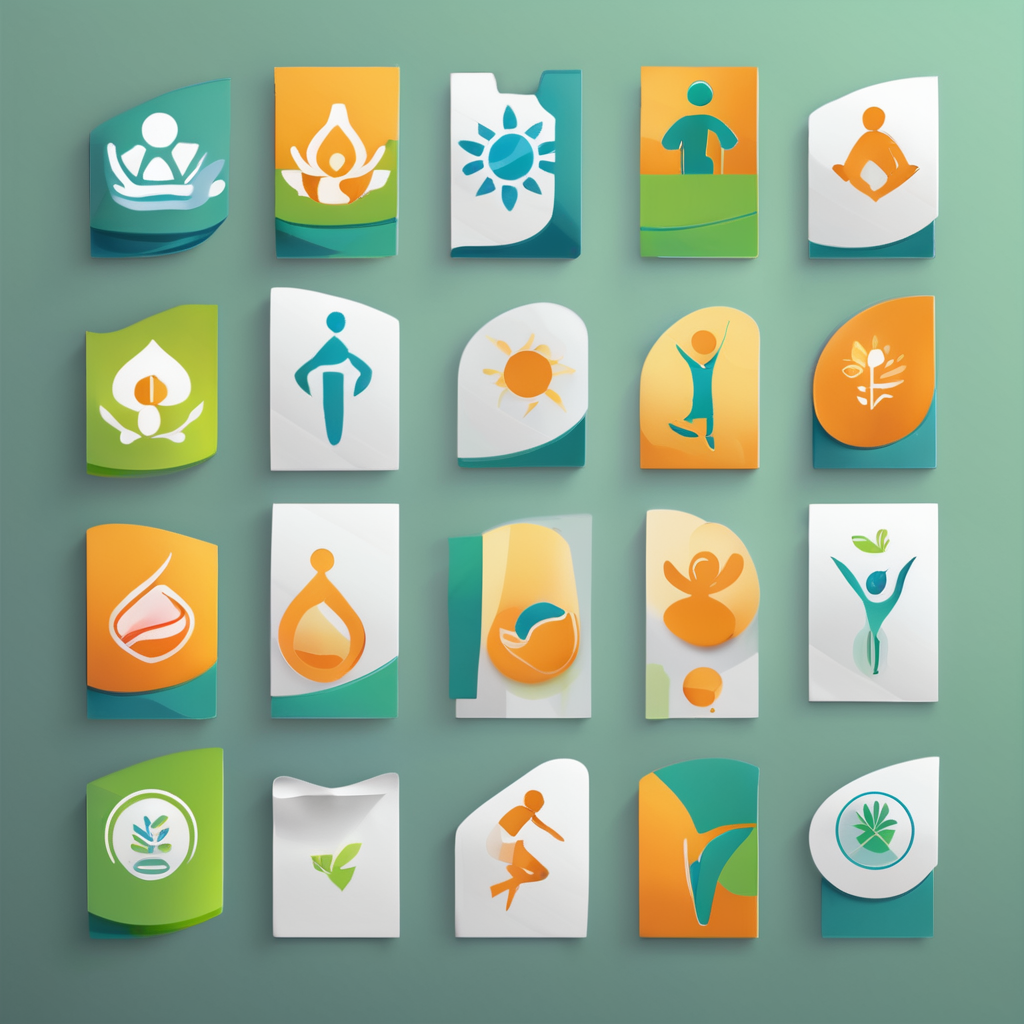Advanced maternal age has become increasingly prevalent as more women choose to delay pregnancy into their 30s and 40s. This societal trend brings with it a set of both opportunities and challenges. While many women are choosing to focus on building their careers, finding the right partner, or achieving financial stability before starting a family, there are notable implications when it comes to pregnancy and childbirth. As you navigate this important life decision, it’s essential to understand what advanced maternal age entails and how it affects you and your family’s future.
Understanding Advanced Maternal Age
The term “advanced maternal age” (AMA) typically refers to women who become pregnant at the age of 35 or older. This benchmark, while not set in stone, is widely recognized in the medical community. As women age, the risk associated with pregnancy can increase, necessitating insightful consideration and planning.
Have you seen this : What is the importance of regular prenatal check-ups in ensuring a healthy pregnancy?
Challenges and Considerations
Pregnant women aged 35 and older often encounter distinct obstacles compared to their younger counterparts. These can include reduced fertility, increased chances of chromosomal abnormalities, and higher rates of pregnancy-related complications.
For those considering starting a family later in life, staying informed can significantly influence your decisions. Studies have indicated that women of advanced maternal age are more likely to experience complications such as gestational diabetes, preeclampsia, and preterm birth. However, it’s crucial to remember that each pregnancy is unique and many women over 35 give birth to healthy babies.
Additional reading : How can a pregnant woman manage her weight healthily throughout her pregnancy?
The Role of Research
Research continues to shed light on the effects of age on pregnancy. Extensive studies published in esteemed journals such as PubMed and Google Scholar highlight the importance of timely prenatal care and regular check-ups. These studies emphasize that while the risks are higher, they are not insurmountable. By staying informed and proactive, women can manage risks effectively and embrace a healthy pregnancy journey.
Health Risks and Outcomes
When considering pregnancy at an older age, understanding the associated health risks and potential outcomes is vital. Medical literature suggests a range of risks for both the mother and the child, but it also highlights the ability to manage these concerns with proper care.
Maternal Health Considerations
Women over 35 might face higher incidences of hypertension and gestational diabetes, conditions that require close monitoring. Regular obstetric appointments and tailored healthcare plans are key to minimizing these risks. Additionally, AMA is associated with an increased chance of cesarean sections, though this is not a certainty for all women.
Infant Health and Outcomes
Advanced maternal age also brings concerns about chromosomal conditions such as Down syndrome. However, modern medical advancements offer a variety of screening and diagnostic tests that can provide clearer insights into the health of the fetus. It’s also worth noting that many studies, including those with DOIs for easy reference, show that healthy lifestyle choices before and during pregnancy can positively influence outcomes, even at an older age.
Analyzing Studies and Data
Numerous studies, often cited through renowned journals, underscore the complex relationship between maternal age and pregnancy outcomes. The interpretation of this data is crucial. Most importantly, it provides a foundation for guidelines aimed at reducing risks for mothers and babies alike. By understanding these studies, you can make informed decisions and advocate for the best care possible.
Navigating Pregnancy After 35
Navigating a pregnancy journey at an older age requires a proactive and informed approach. With age comes wisdom, and using this to make strategic health choices can positively impact the pregnancy experience.
Pre-conception Health
Before embarking on this journey, consider a pre-conception health check-up. Such evaluations can identify potential risks and enable you to address them early. Engaging in a healthy lifestyle filled with balanced nutrition and regular exercise can also boost fertility and prepare your body for pregnancy.
Prenatal Care
Once pregnancy is achieved, comprehensive prenatal care becomes paramount. Frequent medical consultations will help in early detection and management of any potential issues. High-risk pregnancy specialists can provide tailored advice and support, optimizing care for older mothers.
Emotional and Social Support
Beyond physical health, emotional and social support can significantly impact your experience. Building a support network with family, friends, and fellow expectant mothers can provide comfort and encouragement. Consider joining groups or forums specifically for women experiencing pregnancy in their late 30s or 40s. Sharing experiences and learning from others can be immensely beneficial.
Information is Empowerment
Access to reliable information remains one of your greatest assets. By being informed, you can confidently discuss plans and concerns with your healthcare provider, ensuring that your voice is heard and your choices respected. As studies and articles often emphasize, a well-rounded approach to health and well-being is vital for a successful pregnancy at any age.
In conclusion, the decision to embark on pregnancy and childbirth at an older age presents unique challenges and opportunities. By understanding the intricacies of advanced maternal age, women can make informed decisions that best suit their personal circumstances.
Every pregnancy is unique, and while being of advanced maternal age can increase certain risks, it also provides the opportunity to approach parenthood with a wealth of experience and knowledge. By leveraging the insights provided by contemporary research, accessible through platforms like Google Scholar and PubMed, you can navigate this life-changing journey with confidence and assurance.
Ultimately, with the right support, resources, and healthcare, many women over 35 successfully experience healthy pregnancies and joyful experiences of motherhood. As with any significant life decision, being informed and proactive is your strongest ally.










